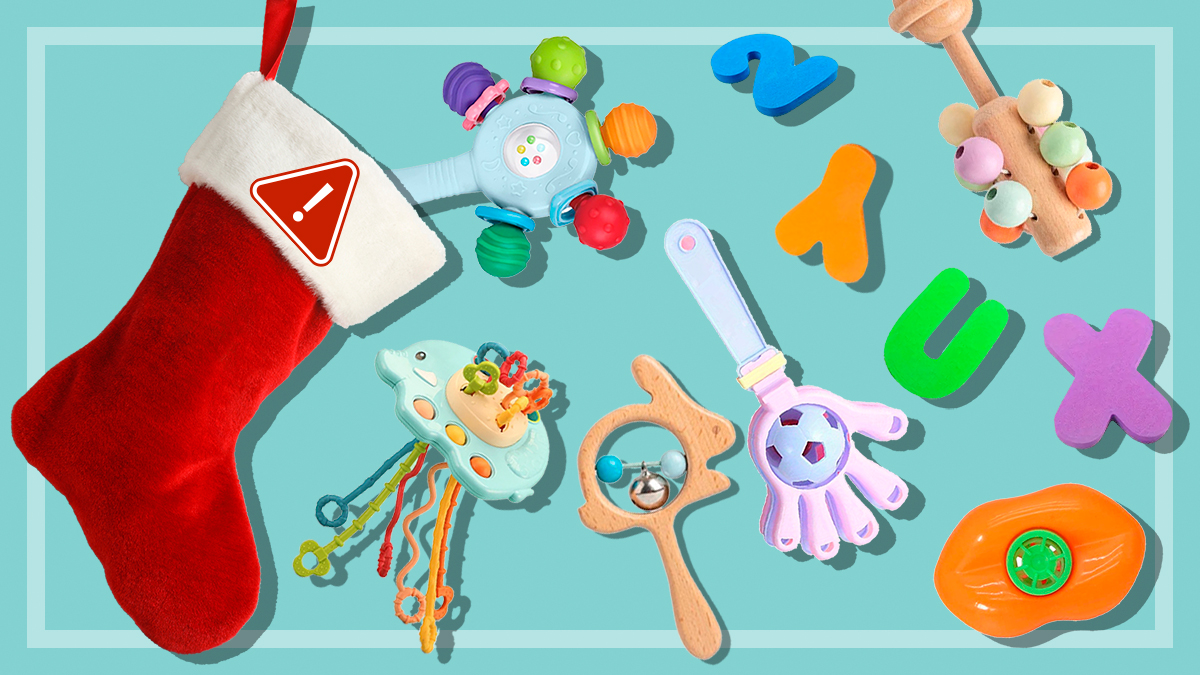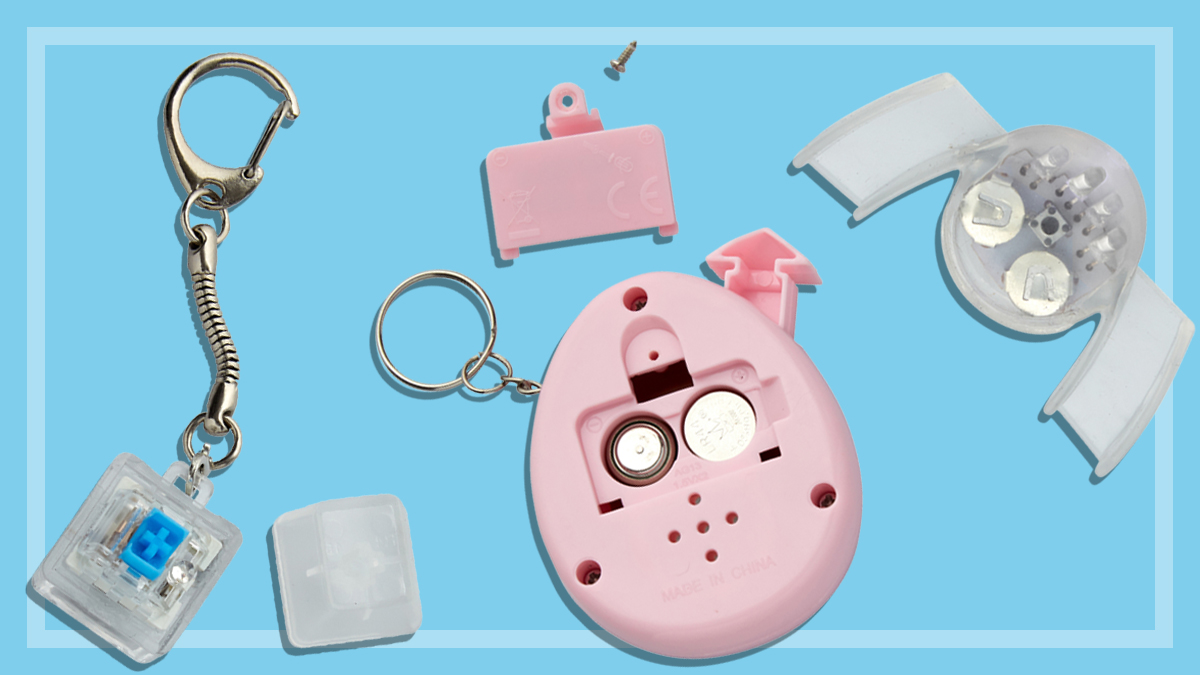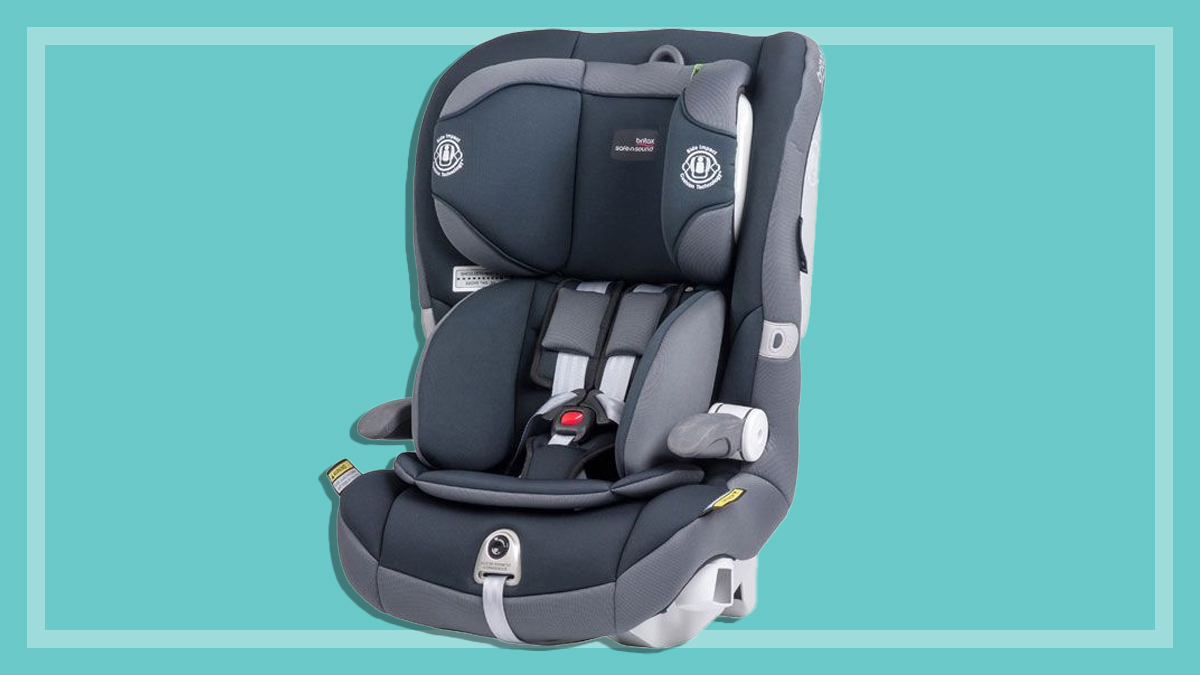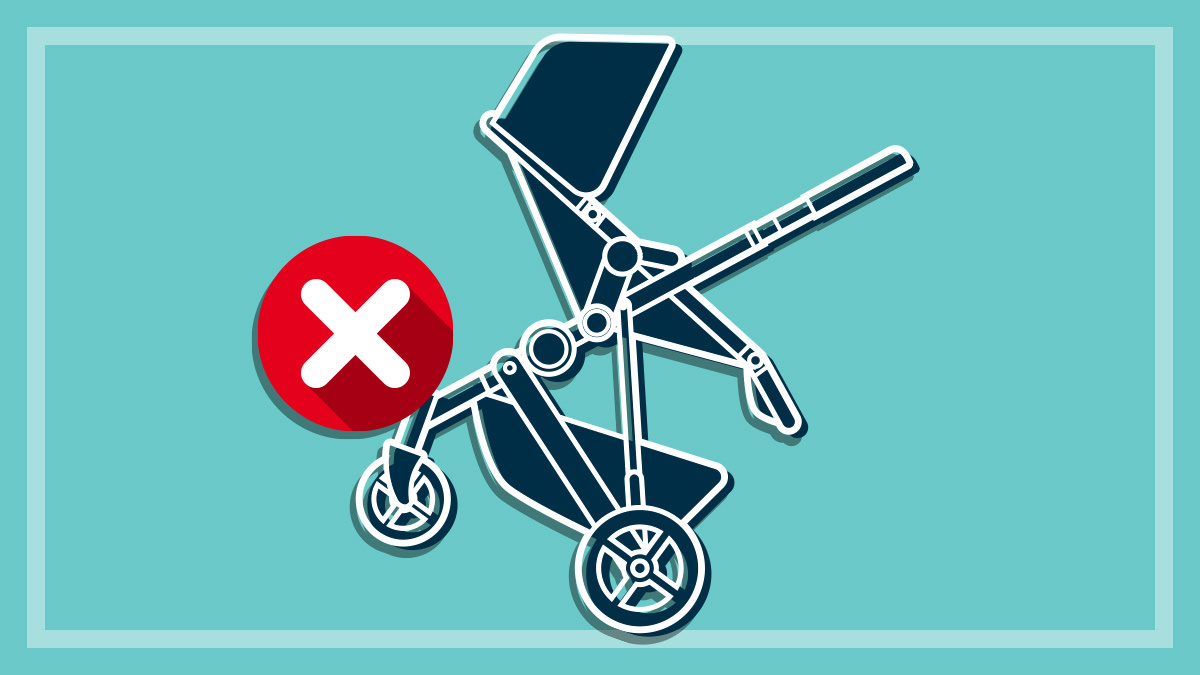Get our independent lab tests, expert reviews and honest advice.
A guide to breastfeeding success
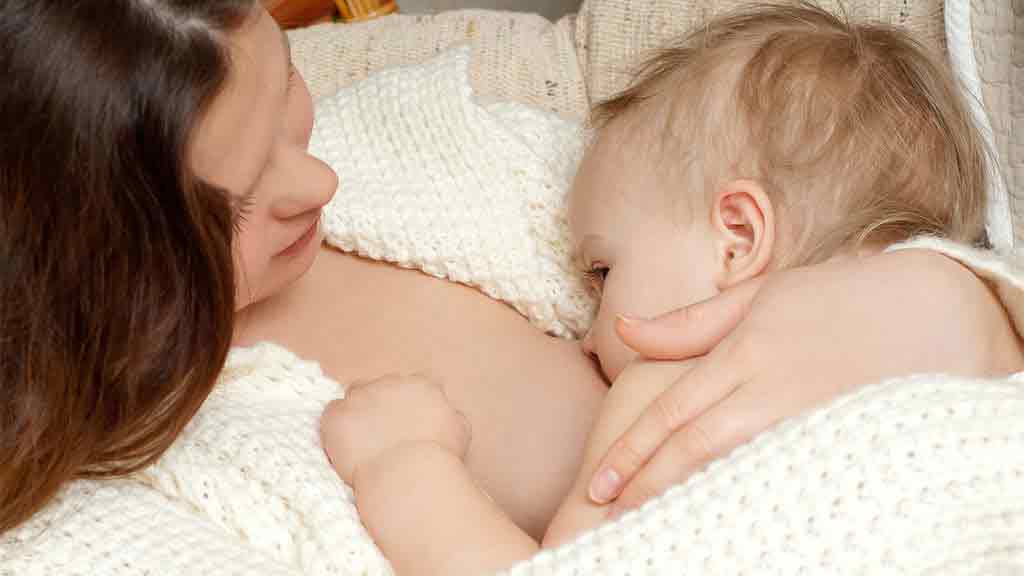
Evolution sure knew what it was doing when it invented breastfeeding – doing what comes naturally provides significant health benefits for mother and baby. The Australian Government and the World Health Organisation recommend babies are exclusively breastfed until six months of age. But although the image of breastfeeding is often one of contented babies and serenely smiling mothers, the reality can be a gruelling and difficult journey of breast pumps, nipple shields, mastitis and more.
On this page:
- Benefits of breastfeeding
- Difficulties with breastfeeding
- 8 tips for breastfeeding
- Breast pumps
- Useful contacts
Benefits of breastfeeding
- Breast milk is perfectly designed to nourish your baby. It’s made up of nutrients suited to the baby’s growth rate and can compensate for fluid loss through sweating on hot days. It’s also easily digested by your baby, as it’s suited to immature kidneys and digestive system. Breastfed babies rarely get constipated and their faeces don’t (or hardly) smell.
- Breastmilk is important for your baby’s health. It increases resistance to infection and disease and reduces the likelihood of the baby developing asthma or allergies such as eczema.
- Breastfeeding is also important for the mother. Hormones produced during lactation help the uterus return quickly to its pre-pregnancy size. It’s a safe way of losing fat deposited during pregnancy. It also reduces the mother’s risk of developing breast cancer, type 2 diabetes and heart disease.
- Breastmilk is cheaper and more environmentally friendly than milk formulas.
Difficulties with breastfeeding
We probably all agree that breastfeeding sounds ideal, but it doesn’t always work out that way. New mums sometimes experience problems trying to breastfeed, which can cause stress and even feelings of guilt and inadequacy.
Difficulties can be caused by:
- supply problems
- baby’s failure to thrive
- breast pain, engorgement, blocked ducts, cracked nipples or inverted nipples
- social constraints regarding breastfeeding in public
- mother’s work schedule
- sickness of mother or child.
If you experience trouble, try to get help immediately as breastfeeding difficulties can become more complicated over time.
Call the 24-hour breastfeeding helpline staffed by Australian Breastfeeding Association volunteers on 1800 686 268, or check contacts for Early Childhood health services in your area.
8 tips for breastfeeding
- Make yourself comfortable at feed times. It may help to lay down and cuddle your baby before feeding. Relaxation exercises such as breathing deeply and slowly can help if you’re tense.
- Gently massaging your breasts can help to get the milk flowing.
- Breast (nursing) pads can help if your breasts are leaking. Disposable ones can cost around 30 cents; an alternative is washable cotton pads (around $3 for a pair).
- Try to eat a balanced diet, eat what you enjoy, and avoid any foods that upset you.
- You can increase your milk supply by feeding your baby more often.
- Incorrect attachment of the baby on the breast is the most common cause of nipple pain.
- Avoiding soaps and shampoos during showering will help prevent nipple dryness.
- Ask your partner to support you – even small things like bringing you something to drink while you breastfeed can make you feel more relaxed and calm.
Breast pumps
A breast pump helps you express your milk so you can feed your baby with a bottle or release the pressure if you’re making too much milk. Pumps can be purchased or hired from the ABA’s Mothers Direct catalogue, pharmacies and baby shops.
There are three types of breast pumps:
- Manual pumps include piston-style pumps (like a giant syringe with a funnel at one end and a collection bottle attached), which need two hands to operate, and lever-operated pumps, which can be used single-handed. The ABA advises against breast pumps with a squeezable rubber bulb to create suction: suction pressure is difficult to control and may cause discomfort or nipple damage. Price range for two hand pump: $55–$65; one hand pump: about $110.
- Electric pumps are considered very efficient. They’re expensive to buy, so consider hiring one from ABA groups, hospitals, or a pharmacy who offers pump hire. Price range: depending on the pump, the ABA charges $30–$50 per week – ABA members get 50% discount on these rates.
- Battery-operated pumps: recommend for intermittent use. Some are fully automated, others require you to repeatedly press a button for each ‘squeeze’. Price: about $190.
Useful contacts
ACT
- Parentlink 13 34 27
- Parentline (02) 6287 3833
NSW
- Tresillian (02) 9787 0855 or 1800 637 357
- Karitane 1300 227 464
- Parentline 1300 1300 52
NT
- Parentline 1300 30 1300
- Maternal and Child Health (08) 9855 6106 (in Darwin) or (08) 8922 7712 (outside Darwin)
QLD
- Parentline 1300 30 1300
Infant feeding support clinics:
- Ellen Barron Family Centre, located in the Prince Charles Hospital, Rode Rd, Chermside, Brisbane (07) 3139 6500
- Alderley Child Health Clinic, Shop 4, 24 South Pine Road, Alderley
SA
- Child and Youth Health Parent Helpline 1300 364 100
- Parentline 1300 364 100
TAS
- Parentline 1300 808 178
VIC
- Parentline 1300 808 178
- Maternal and Child Health Service support line 13 22 29
Early Parenting Centres:
- O’Connell Family Centre (03) 8416 7600
- Tweddle Child + Family Health Service (Mother & Baby Unit) (03) 9689 1577
- Queen Elizabeth Mother/Baby Unit (03) 9549 2777
WA
- Child Health Services 1300 135 030
- Parentline (08) 6279 1200 or 1800 654 432
Other contacts
- Australian Breastfeeding Association 24-hour helpline 1800 686 268
- Healthdirect Australia, a government-funded service, providing quality, approved health information and advice, staffed by registered nurses 1800 022 222
- Raising Children, a government-funded online service, providing free, reliable, up-to-date and independent information.

